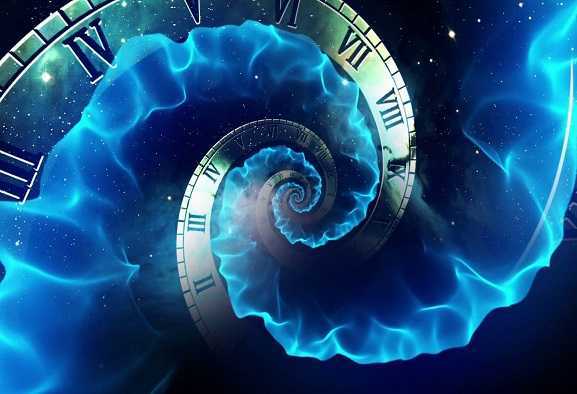Physical-mathematical studies reveal that time travel is logically possible, but it is not known how to achieve it
Two mathematicians argue that the logical inconsistency, which is thought to lie at the heart of time travel, does not exist. Then it is theoretically possible to travel back in time and change reality. Unfortunately, time travelers may find the results frustrating. If time is simply the fourth dimension, then it is natural to ask why we cannot go through it.
Germain Tobar, graduated with honors fromUniversity of Queensland, he has declared:
Einstein’s theory of general relativity predicts the existence of time cycles or time travel, where an event can be both in the past and in the future of itself, theoretically overturning the study of dynamics.
Many have hastened to point to the so-called “grandfather paradox” as a reason why such a journey cannot take place. If a time traveler prevents the grandparents from meeting, they will not know each other, so he will not be able to be born and consequently he will never be able to prevent their meeting. Numerous science fiction writers have made their time travelers “dance” around the problem, carefully changing things only in ways that don’t impede their journey.

Time travel and guesswork
Tobar was inspired by the equations created by Einstein, to describe these time cycles. In Classical e Quantum Gravity, he and his supervisor, Dr. Fabio Costa, pointed out that there is no logical requirement to prevent time travelers from making non-trivial changes.
Dr. Fabio Costa has explained:
Let’s say you’ve traveled through time in an effort to prevent Covid-19 patient zero from being exposed to the virus. If you prevented that individual from being infected, that would eliminate the motivation for you to go back and stop the first sign of the pandemic.
The solutions of the two imply that the universe would adapt. Although the model they describe in their article implies a simplified world, in which cause and effect are represented by billiard balls bouncing off each other, they suggest that more complex human environments would work the same way.
The classic paradox
Tobar he precised:
In the coronavirus patient zero example, you could try to prevent patient zero from getting infected, but by doing so you could catch the virus and become patient zero, or someone else would.
By being able to travel through time and change history, this readjustment would make temporal changes possible. Similarly, a person who has tried to jump into a wormhole to travel back in time may miss the mark slightly. Doing so would damage an eye in the process, which would then be the reason why he couldn’t aim accurately. The pandemic example may make potential time travelers wonder if the trip is worth the effort. Tobar he acknowledges this, but argues that the changes may be unpredictable but may still not be trivial.

Time travel and cosmic censorship
If time travel were possible we might ask ourselves, in one version of the Fermi’s paradox, so that the travelers of the future have not come to visit us.
Tobar he added:
While time travel is logically possible, there may be additional restrictions. Alternatively, events would readjust around anything that could cause a paradox, so that the paradox does not occur. So maybe someone has actually returned, but the information is not released. Instead of a government-run cover-up, as conspiracy theorists insist, the laws of physics could hide the truth.
These researches provide no guidance on how to travel through time. However, they may prove useful in other ways. The quest for quantum gravity, the theory that would unite general relativity and quantum mechanics, remains the holy grail of modern physics. Do not miss the next articles in our scientific column.















